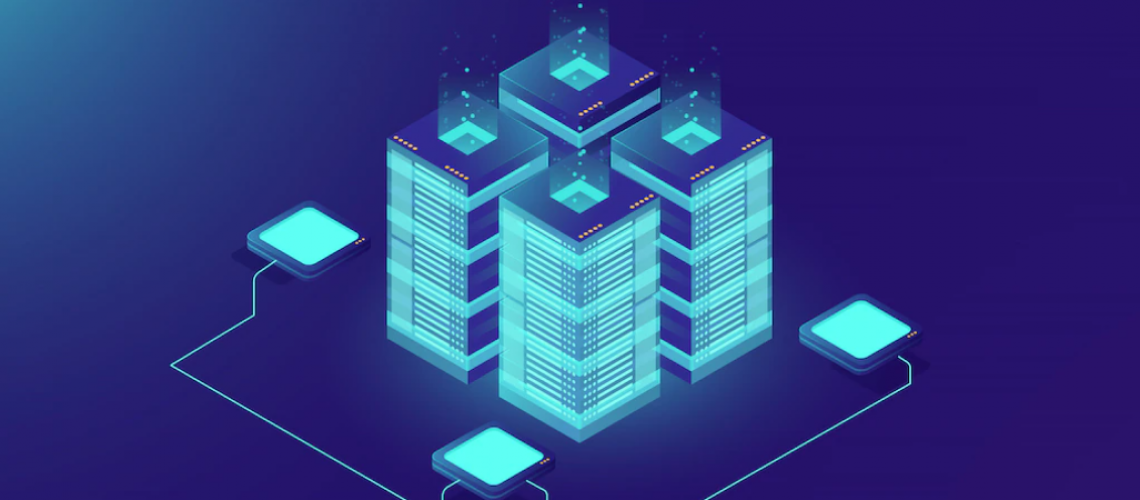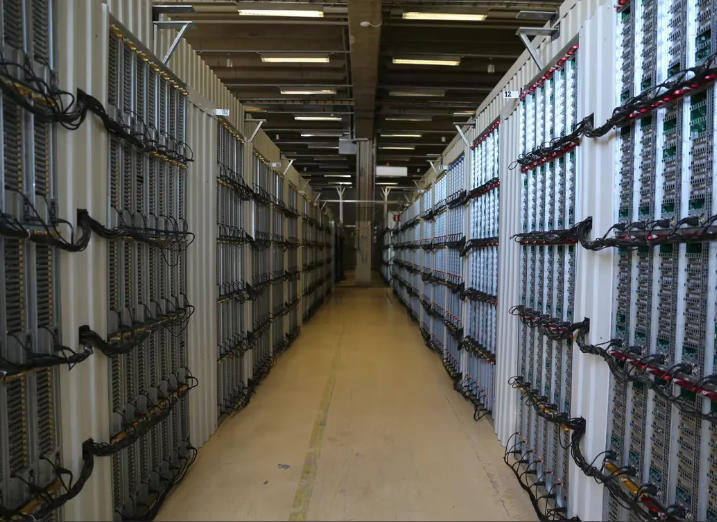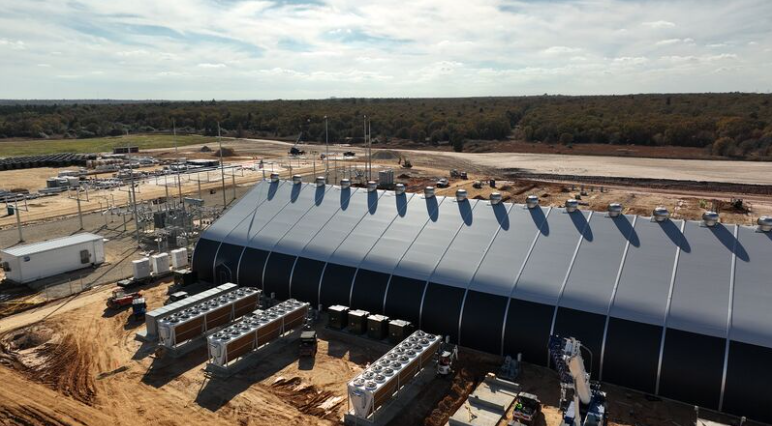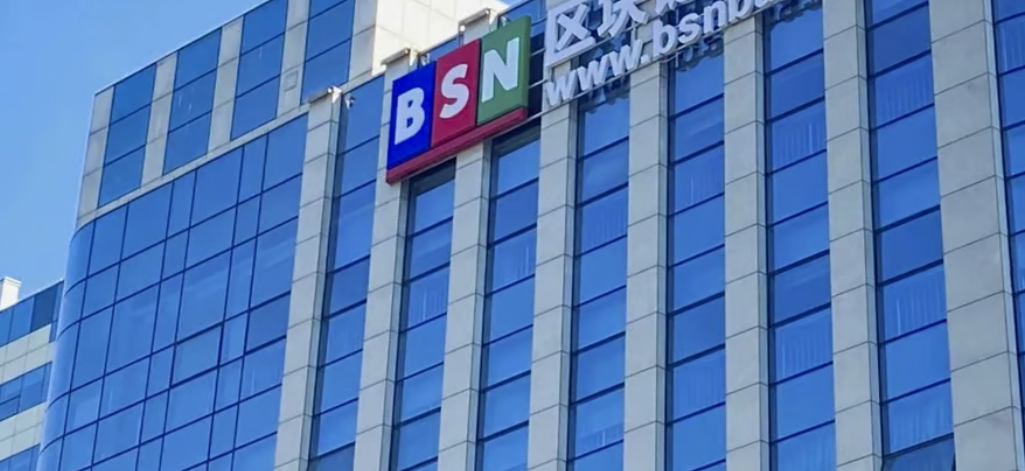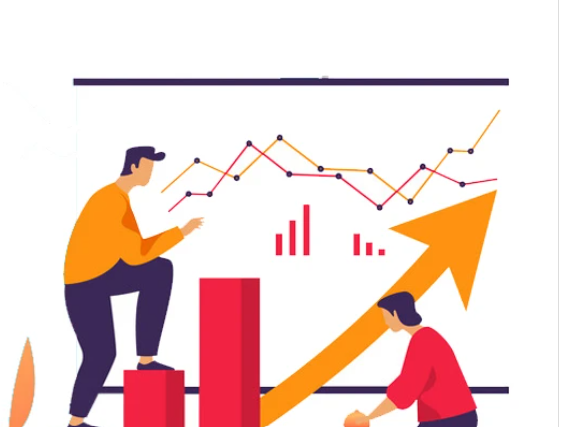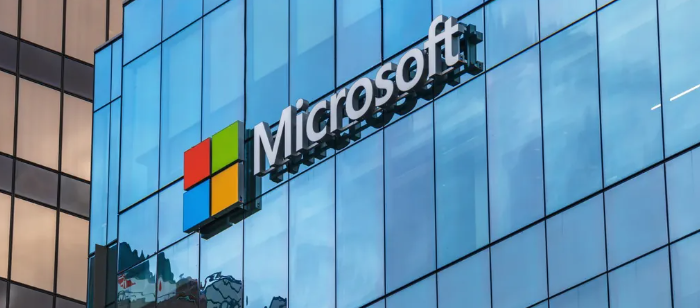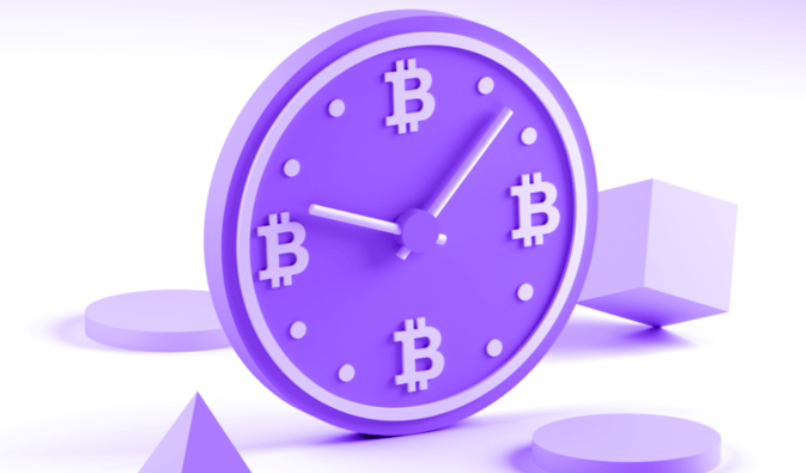Blockchain is not just limited to cryptocurrencies; it also brings new opportunities for business digitization. One of the most disruptive innovations, which is dizzying, is the use of blockchain in cloud computing. The new developments at the intersection of these technologies add value to the business, but achieving it is a separate, laborious but interesting task.
We couldn’t stay ahead of the curve and we created a guide for everyone who wants to take advantage of the trend. Review it to learn about blockchain technology in cloud computing, its benefits for businesses, and how to integrate blockchain technology in the cloud to be successful.
Understanding Concepts: How Blockchain is Used in Cloud Computing
Before we talk about the possibilities of blockchain technology for cloud computing, let’s start with the respective definition of blockchain.
What is Blockchain
From a technical perspective, blockchain means distributed ledger technology that was first applied to act as a public digital record of Bitcoin cryptocurrencies for economic operations. In short, it is a decentralized, unalterable and shared database. The blockchain concept is based on a peer-to-peer network architecture in which no single centralized authority feeds transaction data.
Transactions held on a blockchain are publicly available to all blockchain network participants in a reliable manner. Blockchain employs cryptography to verify the legitimacy of data transactions, ensuring the sustainability of linked blocks against tampering. The best thing about blockchain technology is that it reduces the risk of any technical transaction, excludes fraud, and provides transparency in a scalable way for numerous uses.
Blockchain vs. cloud computing
Today, corporations are looking for better document management solutions, where blockchain and cloud computing come into play. But what really sets them apart? And can they interact? Let’s look at the key differences between blockchain and cloud computing:
A cloud is a cyberspace where users can access information online. In turn, blockchain implies an encrypted system that uses various styles of encryption and hashing to keep data in secure databases. The system distributes these data records in different nodes and makes a consensus on the position of the data they include.
The blockchain does not offer any services, as it is a shared, decentralized ledger that maintains the record of the derivation of a digital asset. On the other hand, the cloud provides services in three formats: Platform as a Service (PaaS), Software as a Service (SaaS), and Infrastructure as a Service (IaaS). The cloud does not guarantee complete data integrity and tamper-free data. On the contrary, blockchain ensures that data manipulation is prevented without relying on a centralized third-party entity.
Cloud computing involves all data stored in the organization’s centralized set of data centers. On the other hand, the blockchain is based on the principle of decentralization, which means that all information is not stored in one place. Also, data in the form of records can be changed on the blockchain, while data located in the cloud can be changed.
Cloud computing typically runs on a conventional database structure where the data is stored on the machines involved. In turn, blockchain means a reliable online database record of different transactions where members can change information getting approval from each party involved.
How Blockchain Improves Cloud Computing
What is blockchain in cloud computing? Blockchain technology provides advanced solutions to address cloud computing challenges related to decentralization, data privacy, and network security. Let’s see exactly how this tool can improve cloud solutions.
Improve security
Security and privacy are considered one of the main challenges of cloud computing. According to research, 64% of respondents indicate that data leakage is their biggest cloud computing security risk. Blockchain technology enables encryption of data accounts and advanced database protection.
Improve Visibility
Visibility is another pervasive threat in the cloud. Blockchain helps build a decentralized and shared trust model that allows for greater transparency. The public blockchain increases the visibility of every action taken and reduces the obstruction of data. The information once saved in a chain of blocks cannot be altered by any person.
Simplify traceability
Misuse of information from anyone’s computer on a blockchain network does not affect data stored on other devices on the network, ensuring data integrity and authenticity. Also, the data stored in a blockchain is permanently there. Therefore, it allows easy traceability of data on where, when and how it is applied and by whom.
Exclude third parties
Cloud computing relies on external providers, which can lead to massive data loss in the event of a failure of these providers. On the other hand, blockchains are managed by code and do not involve third parties, so it is a good motivation for cloud computing blockchain integration.
Blockchain in Cloud Computing: Reasons for its Popularity
The addition of the blockchain provides a wide range of opportunities for cloud computing. It enables better data security, easy traceability, better system interoperability and much more. Let’s see how organizations can capitalize on blockchain technology.
Enhanced data security
End-to-end encryption enables data security during transfer and security. Transactional blockchains are a trusted method to help maintain transaction data and the sequence of transactions. Robust P2P mapping of identical copies of the blockchain in a cloud computing system provides a third layer of security. Decentralized data storage is best for a single-point data storage design that risks data leakage. The data files are divided into encrypted chunks and then these chunks are stored on multiple nodes, perhaps across the globe.
Permanent audit trail
Another benefit of blockchain technology in cloud computing is the long-lasting audit trail. Blockchains make a permanent record of transactions. One of the important functions of blockchain technology is proof of history (PoH). PoH supports a verifiable delay function. It sends a time record to the cloud computing network which does not need any credibility from the users. Blockchain not only allows an audit trail of all transactions in the correct order, but the insertion of a PoH function creates a permanent time frame on transactional information.
Decentralization
A significant trend is to push computing to the edge, where data is handled at the edge of the network, as close as possible to the original source. For example, IoT devices do not require registration with a centralized server to process data. Facial recognition nodes can include encrypted data from authorized users and only require registration with the servers if a facial match is not detected. A node can work independently until it needs to check for updates. With multiple copies of facial recognition databases located in geographically diverse cloud storage, getting access to an official copy is faster.
Faster disaster recovery
The record of transactions is widely spread when using blockchain technology. A blockchain is valuable because it is made public or shared with many authorized users. Any failure within a network node does not affect the remaining copies of the blockchain. All other nodes continue to operate and update the blockchain while any node fails. Based on the transactional record of the blockchain traces (especially if they have a certain period of time), any failed network node can easily reach the current state of the blockchain database when the node comes back online.
How Blockchain Addresses Business Problems
Many companies already use blockchain solutions. Here are some examples of how different industries can benefit from cloud computing blockchain interconnection.
Healthcare
Many healthcare facilities still entrust their sensitive information (credit card data, patient data, test records, etc.) to centralized systems, often leading to data leaks and security issues. The adoption of blockchain technology can reduce cases of data loss. You can perform a decentralized registry of private data and protect the information by applying unique security codes.
Chain
Supply chains generate and request vast amounts of data to ensure effective operations at every step of transportation. By using blockchain in logistics management, you can increase your revenue and avoid security issues thanks to real-time visibility and control. In addition, blockchain solutions help improve interoperability, data transparency, and more accurate product tracking.
Banking
Today there is still a problem with international payments. With so many verification steps required, it becomes a tedious procedure. However, blockchain can speed up the money transfer process while ensuring high transaction security. This is because the blockchain works with the distributed ledger which helps to handle the payment once the transaction is recorded.
Real estate
Real estate trading is still a process that requires a lot of time and nerves. It involves a tedious set of paperwork, many intermediaries, susceptibility to fraud, difficulties in finding property, etc. Smart solutions can efficiently solve major real estate problems. Blockchain in real estate can help improve buy/sell due diligence, reduce the need for agents, and reduce the down payment for real estate investment. Furthermore, the use of smart contracts allows for a secure and smooth transaction process.
How to Implement Blockchain in Cloud Computing: Challenges and Steps
After considering all the advantages of blockchain technology in cloud computing, let’s take a closer look at the implementation process.
Define Business Needs
The main step includes defining your goals for blockchain implementation. For example, you may want to:
Increase data security
Build fully decentralized storage
Improve overall business performance by forming a new cooperative ecosystem with unlimited data sharing capabilities
Improve asset ownership tracking efficiency and services etc
Then, in parallel with these questions, you need to establish a row of requirements to help you achieve those goals.
Calculate data usage and volume
Successful adoption of blockchain technology relies on evaluating existing data. Collected massive data payloads need to be structured for the most accurate and detailed information to help achieve specific business goals, so inefficient and useless data needs to be removed, and the foundation should contain only clean and valuable resources.
Choose the Cloud Deployment Model You
must choose the right cloud model when implementing blockchain: public, private, or hybrid.
Public cloud. The computing resources are owned and managed by the providers. However, cloud infrastructure is publicly available and can be applied by more than one organization when it is obtained dynamically. Microsoft Azure and Google App Engine are good examples.
private cloud. It aims to satisfy the demand of unique customers, granting ownership over the data and its security. The infrastructure and applications are deployed in the company’s own local data center. Being more expensive than public cloud solutions, the private model is more customizable and provides strict data security and compliance options. The Eucalyptus system is a prominent example of a private cloud architecture.
hybrid cloud. A hybrid cloud environment combines the operational efficiencies of the public cloud and the information security capabilities of the private one. Hybrid clouds help combine IT resources and allow companies to distribute the workload between environments according to their IT and data security requirements. The biggest challenge is building and managing such a solution. Amazon Web Services is the best example of a hybrid cloud and one of the popular tools for bridging cloud computing with blockchain.
Choose your cloud solution architecture
Before you integrate blockchain solutions, you need to think about which architecture to choose. These days, specialists suggest paying attention to an advanced architecture based on microservices. Classic solutions tend to be monolithic, so all changes require a reorganization of the system. Because it is a complicated and expensive process, the benefits of microservices architecture such as scalability, resiliency, and rapid development projects are commonly used for cloud-based solutions.
Find a Trusted IT Partner
This phase involves choosing a dedicated development team to help you incorporate blockchain technology into cloud computing. The main contracting options that you can choose are the following.
Freelancers
The profitability of this option makes businessmen go to hire freelancers. Still, there are some drawbacks you should be aware of. For example, you will have to assess your competition yourself, provide a clear project specification, manage the entire process yourself, etc. Also, a freelancer cannot provide full-cycle software development services. and you can simply abandon the project without explanation.
In-house team
This option involves hiring specialists and bringing them together under the same roof. However, putting together an internal team is associated with additional expenses such as renting the premises, purchasing the necessary hardware/software, regular salaries paid regardless of the number of assignments, etc. Therefore, this option is perfect for large corporations.
Outsourcing Companies
It can be challenging to find blockchain experts in the local market. In this case, outsourcing the project is a great way to get the necessary expertise at a reasonable price. Outsourcing companies already have a team of certified specialists who will quickly deliver your solution under defined requirements. With outsourcing, you only pay for the work done without the need for additional expenses. So software development costs go down, but product execution and quality remain impeccable.
It is worth mentioning that the most popular IT hub to hire the development partner is Central Europe. This region gains popularity due to the following reasons:
Affordable rates
A wide pool of professionals
Excellent IT education
High proximity
of English
Deployment and integration
Once you have a software development partner, it is time to develop custom blockchain solutions under curated tools and frameworks that can be modified to suit your unique business needs. There are many cloud service providers like Amazon Web Services, Oracle, Alibaba Cloud, etc., who have started blockchain cloud services to help businesses with their smart projects.
These services vary by infrastructure, platform, and application development capabilities. However, they all aim to simplify the use of open source DLT (distributed ledger technology) frameworks such as Ethereum, Hyperledger Fabric, and Quorum. Once the blockchain-powered system is built, it must be implemented into existing business processes. It is essential to optimize the flow of data to avoid its duplication or failure.
Support and Maintenance
Blockchain-based solutions are complex interconnected systems that may require multi-level support and maintenance options. This work may include performance improvements, code optimization, software implementation, adding new features, version upgrades, etc.
Blockchain Integration Challenges
As you may have noticed, there are important reasons to interconnect blockchain with cloud computing. However, there are some specifics that you should be prepared for.
Technical Complexity
One of the main blockchain implementation challenges is the complexity of the technology. The blockchain integration mechanism in cloud computing requires the execution of complex math to transfer and process data, as well as to secure the network. In turn, it requires powerful computing hardware, including electricity and human resources. This leads to high operating costs, slowing down the widespread adoption of blockchain-based systems.
Inevitable security flow
On the one hand, cloud computing lays the foundation for blockchain as a high-security solution. On the other hand, hackers can change consensus architectures and prevent new transactions from receiving malicious access confirmations. Without proper transaction management, blockchain can risk data leakage and system damage.
Lack of qualified specialists
Lack of experience is another limitation of solution integration. Blockchain technology is relatively new and growing at a fast rate. Currently, there is a shortage of specialists who have the necessary skills to work with such technology. As a result, the demand for blockchain experts is huge. Therefore, if you plan to hire the right people to provide blockchain solutions, you will need to pay them large salaries. Software development outsourcing is a perfect way to fill the talent gap and attract specialists with unique expertise.
The Future of Technology for Business: Prospects for Corporate Cloud Computing
It’s also worth talking about the potential of cloud computing’s blockchain adoption to further strengthen your decision. According to research, the global cloud computing market size is expected to reach $947.3 billion by 2026. About 90% of the data forecasted to be generated soon will not be saved or stored. It is larger compared to the forecasted data center traffic performed per year by a factor of four.
Meanwhile, there is a growing demand for computing power from various industries to run enterprise-based applications and process large volumes of data. Therefore, a new form of decentralized cloud would be required that can power blockchain computing. This gap could be filled with blockchain-powered decentralized solutions.
One more thing. To give you a clearer understanding of the principles of how the blockchain works, let’s see how some projects/companies master this technology.
Ankr
The Ankr project stands for a decentralized cloud solution that provides the infrastructure to run applications at a low cost compared to traditional cloud service providers. And data centers have the infrastructure to produce new revenue streams from their underexploited capacity. It will be obtained by guaranteeing a high level of accessibility to the service, easy integration and secure interaction. However, the virtual machines that form the foundation of cloud computing consume a lot of system resources to run, take minutes to start up, and incur complicated software resource management. As a result, the Ankr team delivered a new consensus mechanism called Proof of Useful Work (PoUW) that enables a highly secure standard with minimal wasted energy.
Dfinity
The DFINITY Foundation represents a non-profit company that develops technology for the Internet Computer blockchain. In most blockchain projects, a mining-based transaction verification process is an energy-consuming procedure. In turn, Dfinity applies a variation of the proof-of-stake algorithm (called Threshold Relay) to reach a consensus. In the Dfinity version, the nodes generate a random number, called a “random beacon”. It is used to choose the next group of nodes and to control the platform protocols. The organization offers a dedicated fund (Beacon Fund) to build decentralized applications that use the principles of the open internet or foster tokenized governance and decentralized finance.
Solana
The Solana project involves designing a novel blockchain architecture based on a new concept, Proof of History (PoH). PoH employs a verifiable delay function to give the network a precarious sense of time-sharing. In addition, transaction processing in Solana is managed by GPUs (graphics processing units), an approach that responds to Moore’s law. According to this law, the number of transistors in an integrated circuit doubles every two years, allowing for much greater computational power. This mechanism, used in conjunction with a proof-of-stake (PoS) consensus algorithm, contributes to a large-scale infrastructure. The infrastructure enables different use cases, including decentralized cloud computing.
Blockchain as a Service
Blockchain as a Service (BaaS) is an emerging trend. It stands for a third-party cloud-based infrastructure that helps develop and manage blockchain-based applications. In other words, it runs the back-end part of the blockchain solutions. The service works like any other pre-built solution: a service provider sets up the necessary infrastructure and manages it for you. You pay a certain fee to receive all services. Today, the Amazon-managed blockchain, R3 Corda service, and SAP Leonardo are among the top BaaS providers.
BaaS is a good option if you are on a tight budget and want to integrate blockchain technology into cloud computing as quickly as possible. However, template solutions have limited functionality and may not meet your unique business needs. In addition, you will still need to cooperate with a blockchain-savvy provider to help you speed up implementation and fix some launch-related issues.
Who is Implementing Blockchain in Cloud Computing Today
To realize such functionality, blockchain technologies are built around platforms, infrastructure, APIs, and management tools. The cloud computing network offers all of these technology components and services and blockchain application development and integration capabilities. Let’s look at the top cloud service providers that help in the delivery of blockchain projects.
Amazon Web Services (AWS)
Amazon Managed Blockchain is a leading cloud computing blockchain integration provider. The service represents a fully managed platform that helps build and manage private networks by applying open source DLT frameworks like Hyperledger Fabric and Ethereum. The service reduces the overhead required to build the network and automatically scales to meet the requirements of thousands of applications processing millions of transactions.
Key features:
Fully managed
Two types of frameworks: Hyperledger Fabric and Ethereum
Backed by AWS Key Management Service
Secure interactions with VPC
endpoints Augmented ordering service powered by Amazon QLDB
Quorum Blockchain Service
Quorum Blockchain Service (QBS) is also a service ready-to-manage accounting application that works from your Microsoft Azure account as a managed application. QBS enables companies to launch and maintain flexible blockchain networks. This involves selecting and deploying a ledger, adding new members, assigning node identities, linking nodes, setting user permissions, and much more. The service offers a variety of open source Ethereum tools to choose from such as Truffle, MetaMask, Nethereum, Solidity, etc.
Key features:
Building and managing blockchain networks Offloading
network operations
Creation, testing, and debugging of smart contracts
Integration with SaaS, services, systems, and required data
Oracle Blockchain Cloud Service
Oracle Blockchain Platform Cloud Service means a pre-assembled platform for managing smart contracts and maintain a tamper-free distributed ledger. Based on the open source Hyperledger Fabric, it makes it easy to build secure and verifiable applications that distribute trusted and immutable data with vendors, banks, and any other relevant entities. The service has broad applicability across multiple industries with deep integration with leading Oracle applications.
Key features:
Ready-to-manage service
Integrated identity management
Data encryption
Multi-cloud interoperability
monitoring
Cleveroad Expertise
Before cloud computing blockchain integration, it is important to choose the provider that has experience in such services and is always keep up with the upcoming trends in blockchain technology. And Cleveroad professionals are ready to help you with your project.
Cleveroad is a Central European professional software development company with extensive experience of more than 10 years in delivering custom solutions at any scale for clients around the world.
By cooperating with us, you are guaranteed the following benefits: The
software engineering team consists of security-oriented, AWS-certified developers and solution architects.
Learn the peculiarities of the main cloud services, including Amazon Web Services, Microsoft Azure, and Google Cloud Platform.
Software development experience in multiple domains including Fintech, Healthcare, Logistics, Retail, Education and other business domains.
Experience with major blockchain frameworks: Ethereum and Hyperledger Fabric.
Signature of non-disclosure agreement (NDA) upon request.
Competent quality control engineers who verify the operation of the product at each stage of development.
Cleveroad experts understand the ins and outs of blockchain technology and are ready to help deliver and integrate a robust blockchain system that enables security and faster processing of data and transactions.

